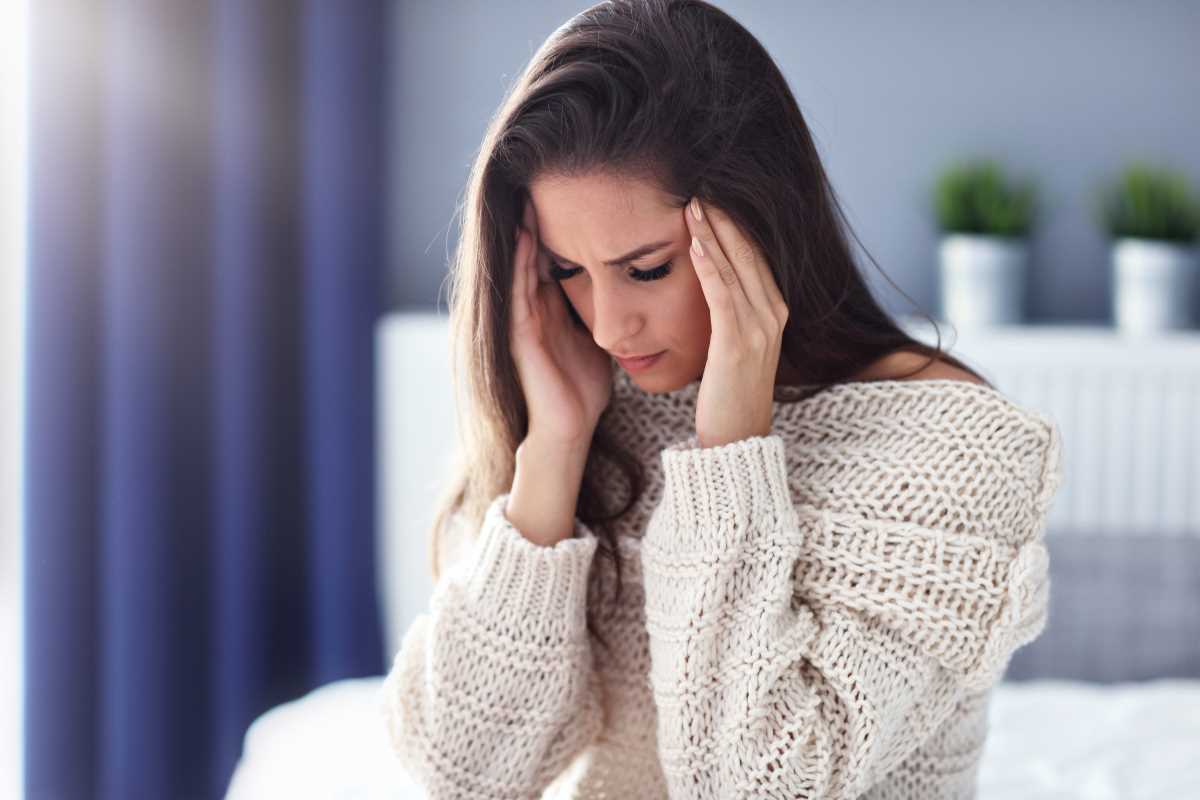Anxiety is a common mental health issue that can impact anyone at any stage of life. Recognizing the signs and symptoms of anxiety is crucial in addressing the condition effectively. Understanding the behaviors, thoughts, and physical sensations associated with anxiety can help individuals seek support and manage their symptoms. Let’s delve into how to identify and address anxiety symptoms to promote mental well-being.
Understanding Anxiety Symptoms
Anxiety can manifest in various ways, including excessive worry, irritability, restlessness, and difficulty concentrating. Physical symptoms such as fatigue, muscle tension, and sleep disturbances may also indicate anxiety. Recognizing these signs can aid in early intervention and seeking appropriate treatment.
Triggers and Coping Strategies
Identifying triggers that exacerbate anxiety, such as stress, major life changes, or traumatic events, is crucial. By recognizing these triggers, individuals can develop coping strategies to manage anxiety effectively. Techniques like deep breathing, mindfulness, regular exercise, and seeking support from loved ones or mental health professionals can help alleviate symptoms.
Seeking Professional Help
If anxiety symptoms persist or significantly impact daily functioning, seeking professional help is vital. Mental health professionals, such as therapists or counselors, can offer therapy options like cognitive-behavioral therapy (CBT) to help individuals understand and manage their anxiety. Sometimes, medication prescribed by a psychiatrist may be necessary to treat severe symptoms.
Self-Care and Lifestyle Changes
Engaging in self-care practices and making lifestyle changes can also support anxiety management. Prioritizing adequate sleep, a balanced diet, regular physical activity, and setting boundaries to reduce stress can positively impact mental well-being. Additionally, avoiding substances like alcohol and caffeine that can exacerbate anxiety is essential.
Building a Support Network
Surrounding oneself with a supportive network of friends, family, or support groups is beneficial in managing anxiety symptoms. Sharing feelings and experiences with trusted individuals can provide emotional validation and practical assistance in coping with anxiety. Connecting with others who understand the challenges of anxiety can reduce feelings of isolation and promote recovery.
Mindfulness and Relaxation Techniques
Incorporating mindfulness and relaxation techniques into daily routines can help individuals manage anxiety symptoms. Practices like meditation, yoga, progressive muscle relaxation, and guided imagery can promote a sense of calm and reduce stress levels. These techniques can be valuable tools in combating anxiety and promoting overall mental wellness.
Education and Advocacy
Educating oneself about anxiety disorders, mental health, and available support resources is essential in addressing anxiety effectively. Advocating for mental health awareness and reducing the stigma surrounding anxiety can create a more supportive environment for individuals seeking help. By raising awareness and promoting open discussions about mental health, we can foster a more understanding and compassionate society.
By recognizing the signs of anxiety, understanding triggers, seeking professional help, practicing self-care, building a support network, incorporating mindfulness techniques, and advocating for mental health, individuals can effectively address anxiety symptoms and improve their overall well-being. Remember, it's okay to seek help and prioritize your mental health.







